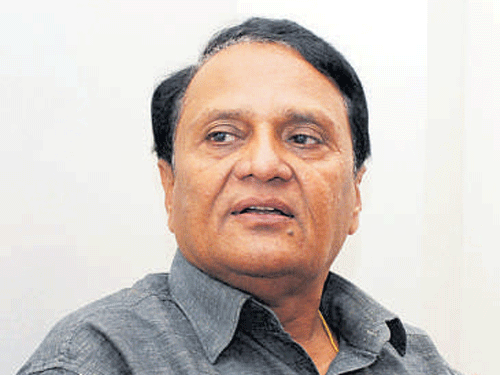
Although the Centre accorded the classical language status to Kannada in 2008, no serious study has been undertaken in this regard.
However, things could change with the Centre recently appointing Dr P K Khandoba as Project Director of the Centre of Excellence for Studies in Classical Kannada at the Central Institute of Indian Languages (CIIL), Mysuru.
In an exclusive interview with Deccan Herald Dr Khandoba said he was starting with a clean slate with plans for promoting classical Kannada. “So far, nobody had given serious thought to taking up projects, except for a few seminars in Bengaluru and Mysuru. The Central government funds too have gone unused. I now want to make full use of the opportunity,” Dr Khandoba said.
Topping his agenda is the establishment of a comprehensive Kannada manuscripts library with help from other universities which are collecting and documenting them. “This library should become a resource centre for studies and research,” Khandoba said.
The immediate task before him is to digitise manuscripts and transliterate and translate ancient and medieval Kannada inscriptions.
“Right from the first Halmidi inscription of 450 AD to 1900 AD, tens of hundreds of inscriptions have been discovered but have remained scattered. The Centre wants to put them in order and translate all inscriptions into Kannada to encourage historical research,” Khandoba said, adding there can even be a separate volume on Kannada inscriptions discovered outside Karnataka.
To overcome the shortage of resource persons to read inscriptions, the Centre plans to train primary school and college teachers in epigraphy. “Inscriptions keep surfacing from different parts of the State. But there are no experts to transcribe them,” he explained. Another ambitious plan is to bring out lexicons of native Kannada words and phrases.
“A lexicon would comprehensively deal with a word from its derivation to its meanings in different contexts including its idiomatic application,” D Khandoba said.
His other plans include making documentaries on Kannada doyens such as T V Venkatachala Shastri, P Venkatasubbaiah, M Chidanandamurthy and De Javare Gowda besides selecting authors from India and abroad for awards.